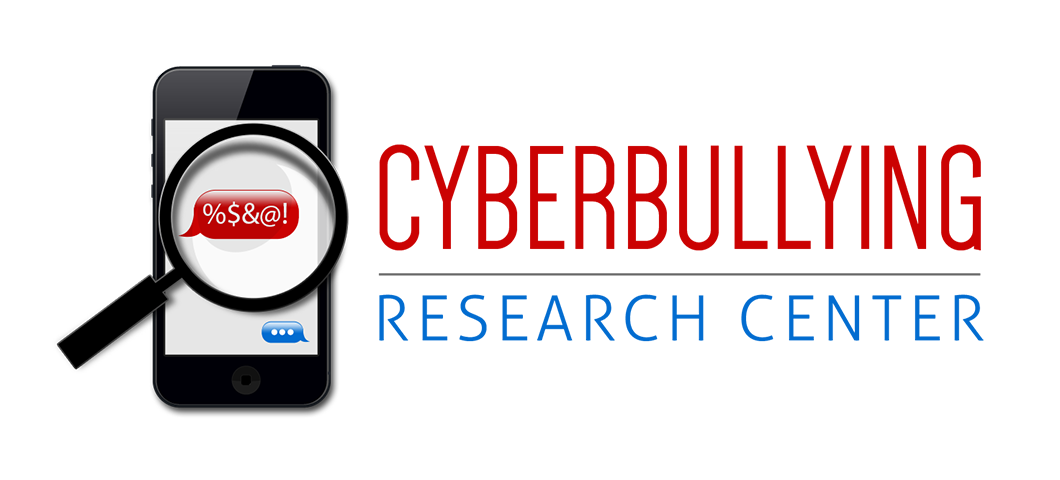
As a followup to our last blog post, we’d like to share some more guidance to keep in mind as you are updating and refining your school’s policy related to Facebook (and other social networking sites). We hope this is helpful for you. Please remember, though, that you must do a lot more than policy enhancements to be in compliance with the FCC’s new mandates, and to make a meaningful difference in protecting students and avoiding liability issues. Thanks again to Mike Donlin for his excellent summary on these matters!
Preliminary Guidance on the use of Facebook, MySpace and other Social Networking Sites in Schools
– Recognizing the value of social networking in 21st century education,
– Recognizing that social networking is specifically mentioned in Protecting Children in the 21st Century Act and FCC guidance,
– Recognizing that the FCC guidance states specifically that filtering of Facebook, My Space and other social networking sites is not necessarily required, and finally,
– Recognizing that there are potential safety, security and liability issues, the following is preliminary guidance for educators on the use of social networking sites in schools:
1. Check and follow your most current district / school policies and procedures on the use of social networking tools in schools. The policy you may be called by some variation of your district’s Internet Use, Network Use, Internet Access, or Network Access policy. You will also want to check your district’s Internet or network use/access agreement for students and staff.
2. Keep personal and professional/educational accounts separate.
a. There might be different, separate accounts through the same service, however.
b. Do not use social networking sites which do not come through your district network.
3. Never friend a student on a personal site.
4. Do not share personal information on your professional/educational site.
5. Remember: using a social networking site for educational purposes has the potential for extending your school day beyond the school day and the school walls.
– It also has the potential of exposing students to your own or to others’ personal information, even inadvertently.
6. All rules which apply to your bricks-and-mortar classroom and school apply to the online, social networking environment: bullying, harassment, courtesy, appropriate language, timeliness, etc.
7. Inform and involve school administration
8. Inform and involve parents/guardians as appropriate. However, this also may be problematic:
a. Inviting parents to join/participate would be tantamount to inviting parents to be involved in your classroom every day.
b. The parents would have to know that they should not join using their ‘personal’ sites.
c. Remember: there are students from broken, blended or other non-standard families, as well as some with no-contact orders. The teachers would have to be able to negotiate through all that in some, not too demanding way.
d. This might involve a small number of students, but potential risk and liability issues arise.
9. Do not friend other adults on your educational site.
a. Allow for the possibility of inviting “special guests” for specific educational purposes.
b. For such a professional guest profile-type, establish a vetting process, done by the educator using some sort of rubric.
c. Establish what the expert guest would need to agree to be involved.
d. Consider the involvement of teaching team members, student teachers, specialists, counselors and/or administrators
10. Read, become familiar with all site-related Terms of Use documentation.








I really appreciated “Preliminary Guidance on the use of Facebook, MySpace and other Social Networking Sites in Schools.” While some of this may seem like common sense, this is fairly new territory for educators and it’s great to get some tips and guidelines.
Hi,
I work as a private music teacher. I will be incorporating a lot of your “guidelines” into a new policy I will establish on my own. I would have never thought to have an “online policy,” but I now realize how important and necessary it is. The safety of my students as well as protecting me is needed in today’s technological world. Thank you for sharing these guidelines.